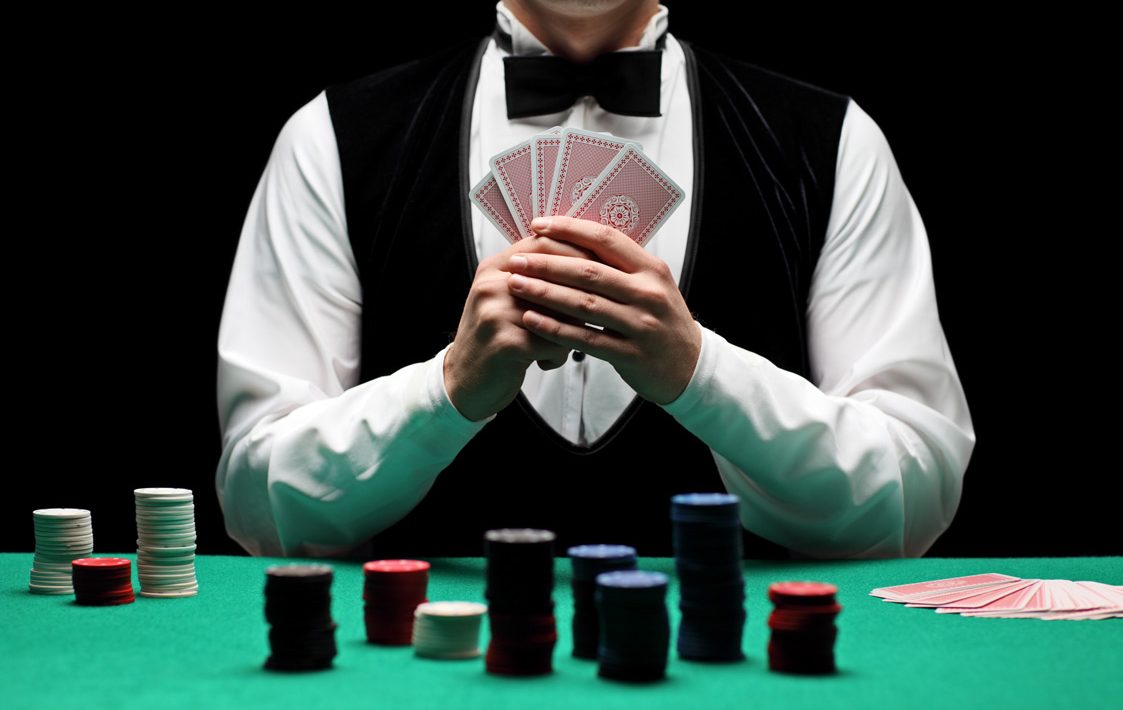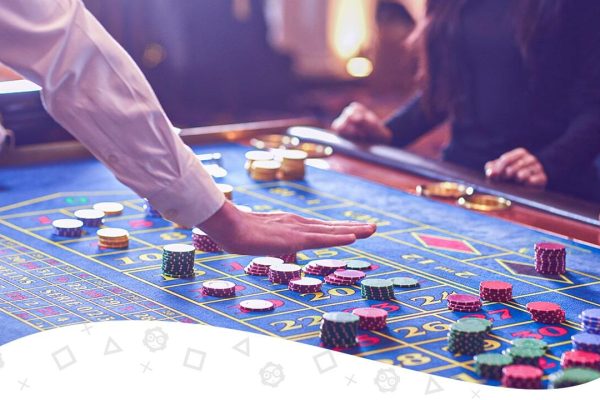Poker players develop common habits in the same way that gamblers on sites like https://5vulkanvegas.com/ro do. It is part of the game, and some others they pick up from their opponents. On the other hand, there are some skills that poker players develop as they spend more time playing with friends or at a professional level.
Here are some examples:
- Prematurely looking at cards;
- Touching their chips;
- Slowly playing a strong hand.
There are others, too, that we will look into today. We will also look at some of the skills you typically develop when playing with real people.
Table of Contents
Habit: Counting Chips
One of the worst habits you can develop is to count your chips in anticipation of a bet. Usually, people do this if they have a good hand. Some poker players count their chips right after peeking at their cards, and some do this after the flop.
Regardless of the timing, you are still counting your chips, and your opponents can read through your mind. They think that you are counting them because you have a strong hand. From here, they will analyze your possible hand, along with your position, the pot size, and your chip count.
Expert players would know how to deal with this situation, and you may end up losing your money if you cannot counter it. At best, you should not count your chips, too, obviously. Stack them neatly so you can count them with your mind.
Habit: Not Playing Strong Flops
Many players do not bet on a strong flop. They reason that it is too obvious for their opponents to see they have a strong hand. So, what they do is keep a low profile.
Then, they would bet on the turn and the river. Since they already know they have a god card at the flop, they are not scared to raise the flop when they bet on the turn and river.
The problem with this tactic is that an opponent who had no good hand at the flop may now have a good hand at the turn. That same player who would have folded if you raised at the flop now has a fighting chance.
At best, you must raise at the flop if you have good hands. While other players may fold, you guarantee that they no longer have any fight by the time the turn comes. The best thing that can happen is that everybody folds at the flop if you raise, and you get the pot.
Skill: Observing Players
An excellent skill you can develop when playing poker is behavior analysis. You cannot help it. If you play poker, you will be able to tell if a player is nervous or if he has a good hand.
It only takes a few rounds to determine what basic strategies your opponents employ. Some of them would always fold at the flop. Some would even fold even before the flop — they will not place bets to match the big blind.
Because of these actions, you can easily tell if your poker opponent is aggressive or timid. Timid players generally do not go head-to-head against other players. Aggressive ones will keep on calling the bets and will only fold after they have seen the flop. From here, you can later assess who among your opponents to watch out for and who is more likely to bluff.
Skill: Controlling Your Emotions
As a poker player, time will teach you how to control your emotions. It is natural to feel your heart skip a beat if you have great hands, like a pair of aces.
Too many times, beginners will let out a sigh of relief, smile, fidget, and do all sorts of things that serve as a tell to the opponents. Some would even go as far as saying, “Yes!”
As you mature in your poker experience, you will eventually learn how to hold these emotions back. The goal here is to never do or say anything that would be a dead giveaway that you have good hands. You want people to believe that you have bad hands.
Managing how you look, what you do, and how you move — these are all skills you will learn as you play poker. Do not underestimate the purpose of this. Poker is as much a mind game as it is a game of skill and numbers. It is a game that involves both luck and skill. A skill has a big thing to do with it, considering that you make decisions about what to do with your card.
As you progress, you begin to develop habits, especially because poker is a long game. It can get boring, especially if your cards are bad. The thing to remember is that your habits can become signs or tells. If your opponents are experts, they will observe your actions and use them against you.





